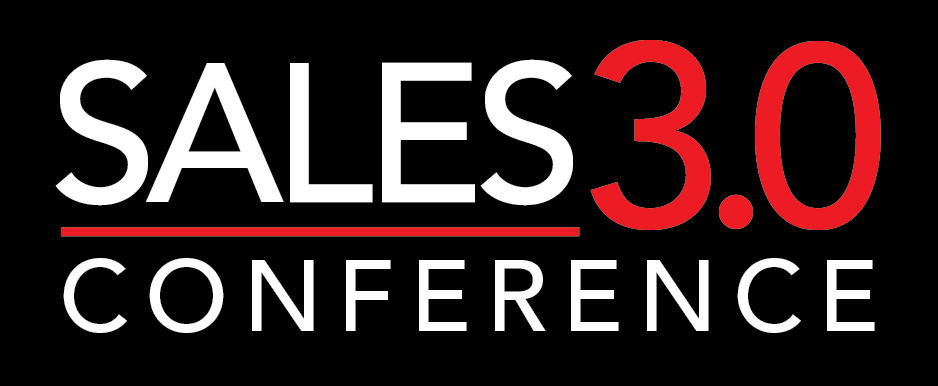We all go through life with a certain amount of mental baggage. The question is, how does that baggage affect your salespeople as they prospect and advance deals through the sales pipeline?
What Is Peak Performance Mindset for Sales?
As a sales leader, you want your salespeople to achieve peak performance. That’s why you invest time in sales coaching and sales training.
U.S. companies spend 200 percent more on sales technology than on sales training. The State of Sales report by Inside Sales lists the annual spend per salesperson on technology as $4,581. The State of Sales Training report by ATD Research found that the average company spends $2,326 per salesperson on sales training per year.
Here’s the problem. The amount spent on training to remove mental baggage is less than $100 per salesperson per year – yet freeing a sales rep from mental baggage yields so much in return.
Why Is Mindset Training Important for Salespeople?
I explain this by comparing your mindset to how computers function.
1) Think of your mindset as a computer operating system. It runs in the background and executes commands automatically. It’s been programmed over a long period of time. It doesn’t always get updated. (Some people’s mindsets still run on the equivalent of DOS.)
2) Think of your beliefs as software programs. To perform special tasks, computers use software programs like Microsoft Word, PowerPoint, or Keynote. Your mindset runs many different programs that have been coded into your belief system. For example, your beliefs about health and fitness will impact your diet and your decisions on how often you exercise.
3) Think of negative thoughts as malware or viruses. Computers are networked and thus vulnerable to malware. Your mind can easily be persuaded to interpret a negative comment about you as a true statement of your self-worth, which can quickly translate into self-doubt or self-sabotaging behaviors. For example, self-doubt is a false belief that operates like malware. You were not born with self-doubt. Chances are that, at some point in the past, you allowed other people’s doubts to take residence in your mind. And, with your unconscious consent, you let them sabotage your success and diminish your potential.
How Mindset Training Compares to Sales Training
I began my career as a sales trainer and worked in that field for many years before founding the magazine, Selling Power, followed by the Website SellingPower.com, and then the Sales 3.0 Conference – all of which are still helping sales managers get better results. So I know selling from the perspective of training, managing, technology, and, yes, the actual business of selling.
You see, I sell every day. So I know even a small edge is valuable for increasing productivity and bringing in more revenue.
That’s why I created the Peak Performance Mindset® program – to provide any sales team an edge to improve performance and get better results.
Why Peak Performance Mindset Works for Sales
People with a happy mindset lead more productive and more inspiring lives. The latest research shows that:
- People with a happy mindset are 23 percent more energetic, 31 percent more productive, and 400 percent more creative.
- Happy salespeople sell 38 percent more (Dr. Shawn Achor).
- People with a positive mindset live, on average, 7.6 years longer (Dr. Becca Levy at Yale University).
- People with a high purpose in life have a 27 percent lower risk of heart attack, a 50 percent lower chance of suffering from Alzheimer’s disease, and a 72 percent lower risk of suffering from a stroke.
- NIH research found that we experience 60,000 thoughts a day – 80 percent of which are negative. Dr. Marcial Losarda found that, to flourish in life, you need a three-to-one ratio between positive and negative emotions. People with negative mindset cannot achieve their goals.
The 2018 Salesforce State of Sales report shows that sales teams feel greater pressure than ever to understand their sales prospects better, interact with them personally to close deals, and create happy customers who will come back with repeat business.
That brings up some key questions that all sales leaders need to consider. How can salespeople understand their prospects better when their minds are not fully present while interacting with them? And how can salespeople make their customers feel more comfortable and happier, when they can barely manage their own stress and constantly worry about making their sales quota?
Want to learn more about peak performance mindset for sales? Ask me about our next Peak Performance Mindset retreat for sales leaders in Orlando this March.

Gerhard Gschwandtner is founder of Selling Power magazine, which is a media sponsor of the Sales 3.0 Conference. He also leads VIP Peak Performance Mindset retreats for sales leaders.


